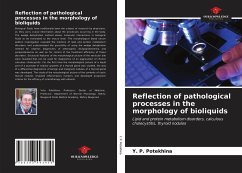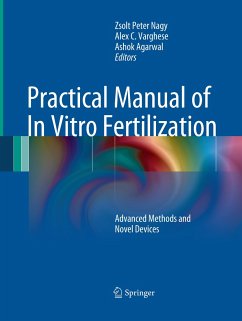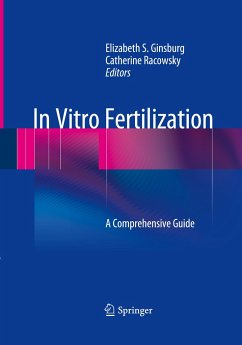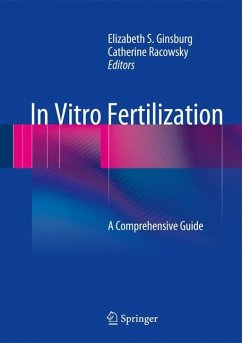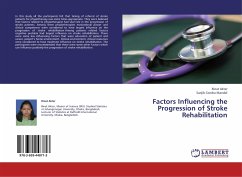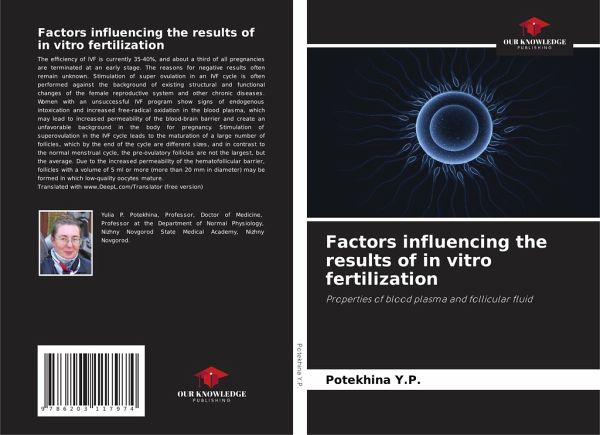
Factors influencing the results of in vitro fertilization
Properties of blood plasma and follicular fluid
Versandkostenfrei!
Versandfertig in 6-10 Tagen
38,99 €
inkl. MwSt.

PAYBACK Punkte
19 °P sammeln!
The efficiency of IVF is currently 35-40%, and about a third of all pregnancies are terminated at an early stage. The reasons for negative results often remain unknown. Stimulation of super ovulation in an IVF cycle is often performed against the background of existing structural and functional changes of the female reproductive system and other chronic diseases. Women with an unsuccessful IVF program show signs of endogenous intoxication and increased free-radical oxidation in the blood plasma, which may lead to increased permeability of the blood-brain barrier and create an unfavorable backg...
The efficiency of IVF is currently 35-40%, and about a third of all pregnancies are terminated at an early stage. The reasons for negative results often remain unknown. Stimulation of super ovulation in an IVF cycle is often performed against the background of existing structural and functional changes of the female reproductive system and other chronic diseases. Women with an unsuccessful IVF program show signs of endogenous intoxication and increased free-radical oxidation in the blood plasma, which may lead to increased permeability of the blood-brain barrier and create an unfavorable background in the body for pregnancy. Stimulation of superovulation in the IVF cycle leads to the maturation of a large number of follicles, which by the end of the cycle are different sizes, and in contrast to the normal menstrual cycle, the pre-ovulatory follicles are not the largest, but the average. Due to the increased permeability of the hematofollicular barrier, follicles with a volume of 5 ml or more (more than 20 mm in diameter) may be formed in which low-quality oocytes mature.Translated with www.DeepL.com/Translator (free version)



